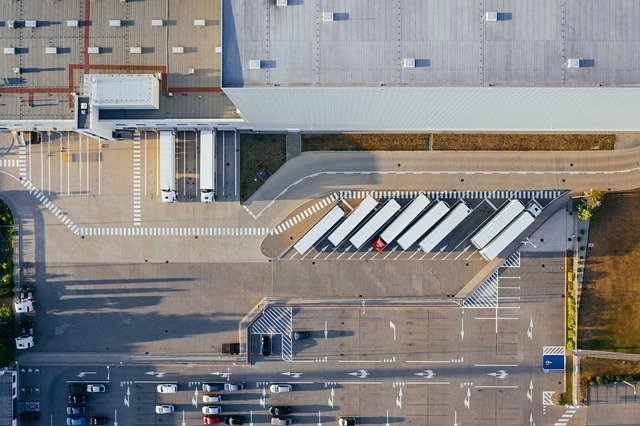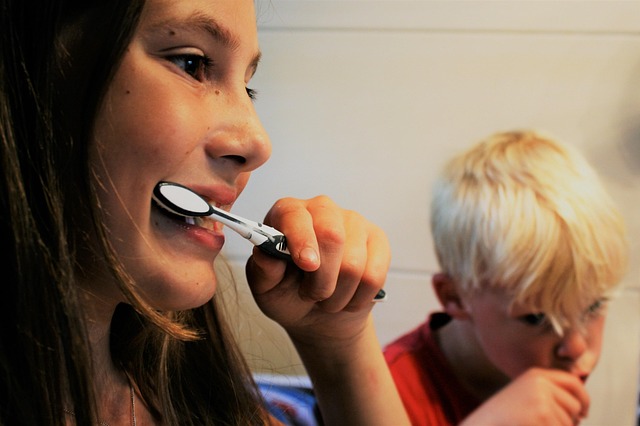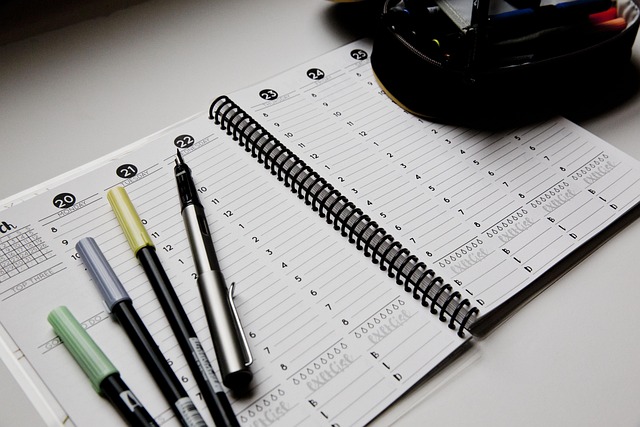How Cleaning Jobs Are Transforming in Today's Market
The cleaning industry is experiencing unprecedented transformation as technology, health consciousness, and evolving workplace demands reshape traditional roles. Modern cleaning professionals now navigate a landscape where technical skills, specialized knowledge, and adaptability determine career success. From healthcare facilities requiring infection control expertise to commercial spaces demanding eco-friendly solutions, today's cleaning positions offer diverse opportunities that extend far beyond basic maintenance tasks.

The cleaning industry stands at a pivotal moment of transformation, driven by technological advancement, heightened health awareness, and changing workplace dynamics. What once consisted primarily of basic janitorial tasks has evolved into a sophisticated field requiring specialized knowledge, technical proficiency, and professional expertise.
How Cleaning Roles Are Evolving in 2025
Modern cleaning positions increasingly demand technical competency alongside traditional skills. Professionals now operate advanced equipment including automated floor scrubbers, electrostatic sprayers, and UV sanitization systems. Many roles require understanding of chemical compatibility, proper dilution ratios, and safety protocols for handling specialized cleaning agents. Digital literacy has become essential as cleaning teams use mobile apps for scheduling, inventory management, and quality reporting. Professional development opportunities include certifications in infection control, green cleaning practices, and equipment operation, transforming cleaning from manual labor into skilled technical work.
Industries Driving Demand for Cleaning Services
Healthcare facilities lead demand growth, requiring specialized cleaning teams trained in infection prevention and medical waste handling. Educational institutions need professionals capable of maintaining safe learning environments while managing high-traffic areas. Commercial office buildings increasingly seek cleaning services that can adapt to flexible work schedules and hybrid workplace models. Manufacturing facilities require cleanroom maintenance and industrial cleaning expertise. The hospitality industry demands cleaning professionals skilled in guest satisfaction and rapid turnover cleaning. Food service establishments need teams trained in food safety protocols and health department compliance. Each sector presents unique challenges requiring specialized knowledge and training.
Unexpected Skills Valued in Modern Cleaning Work
Customer service abilities have become crucial as cleaning professionals frequently interact with building occupants and clients. Time management and organizational skills enable efficient route planning and task prioritization across multiple locations. Basic maintenance knowledge helps identify potential issues before they become costly problems. Communication skills facilitate coordination with facility managers, vendors, and team members. Problem-solving abilities allow professionals to address unexpected situations and adapt cleaning protocols as needed. Environmental awareness and sustainability knowledge help implement green cleaning practices that reduce environmental impact while maintaining effectiveness.
The cleaning industry’s evolution reflects broader workplace trends toward specialization and professionalization. Traditional cleaning methods are being supplemented or replaced by advanced techniques that require ongoing education and skill development. This transformation creates opportunities for career growth within the industry while establishing new standards for service quality and safety protocols.
Success in modern cleaning careers requires embracing continuous learning and professional development. Industry associations offer training programs, certification courses, and networking opportunities that enhance career prospects. Technology adoption, environmental consciousness, and health safety awareness will continue shaping the industry’s future, creating opportunities for professionals who adapt to evolving demands and maintain high service standards.




